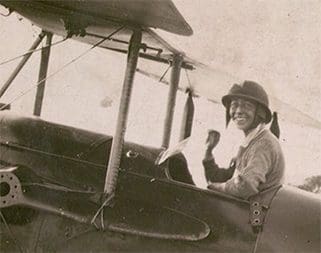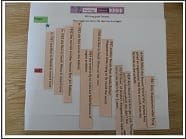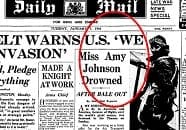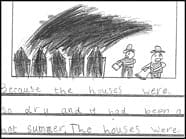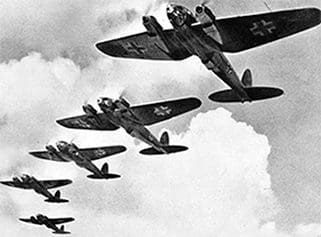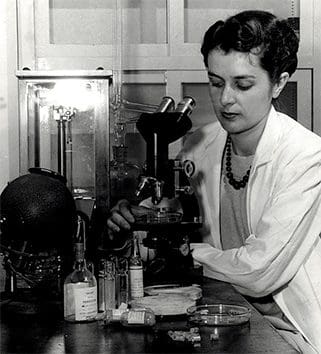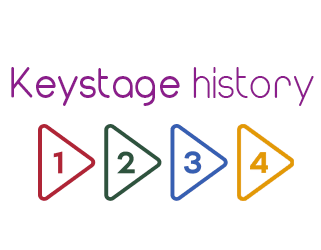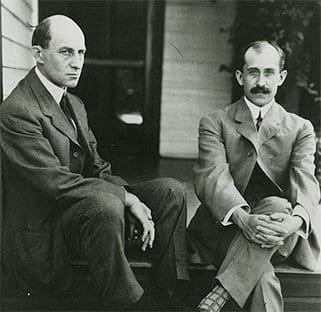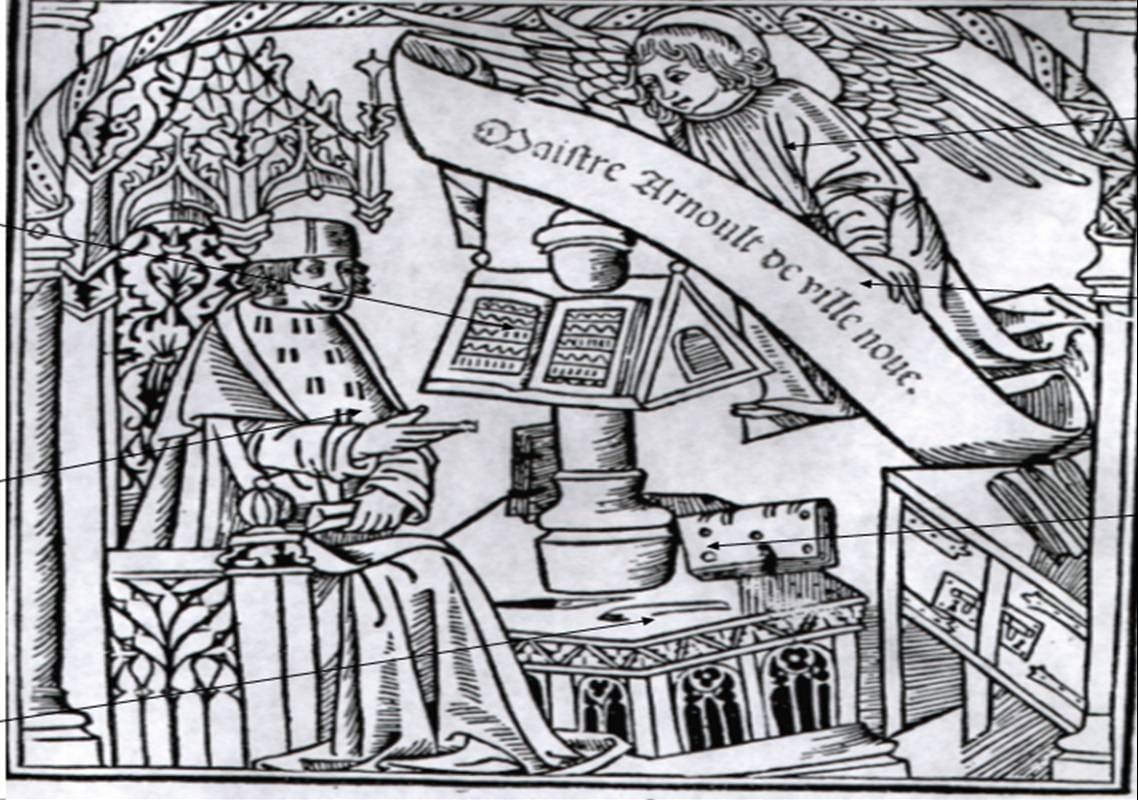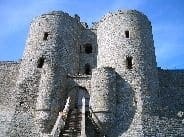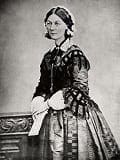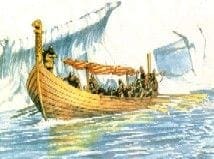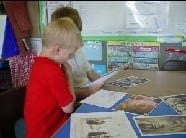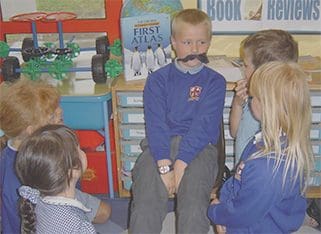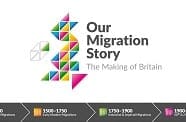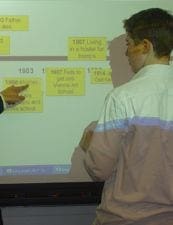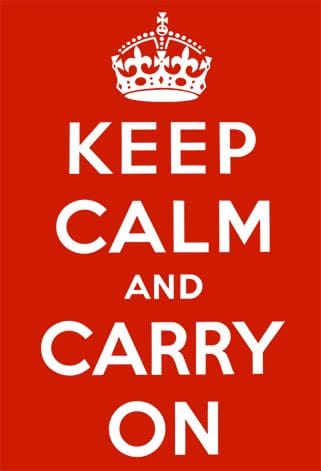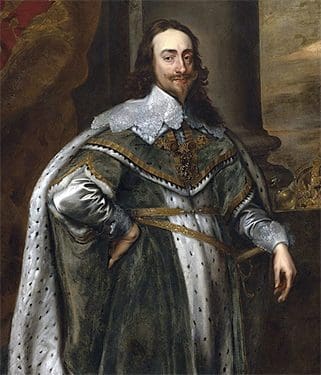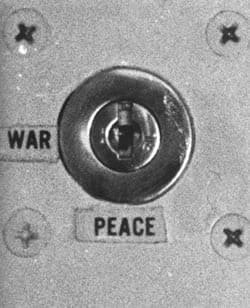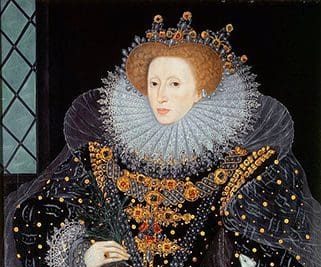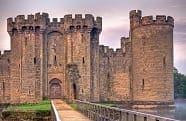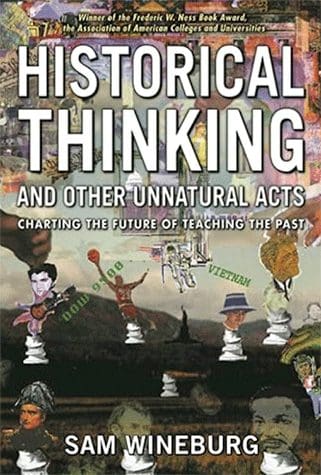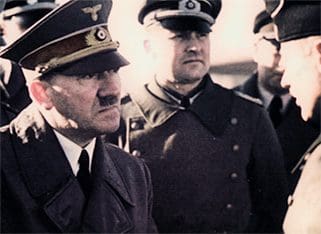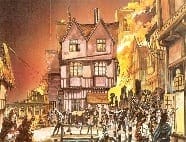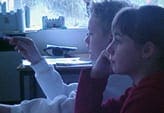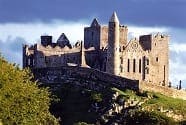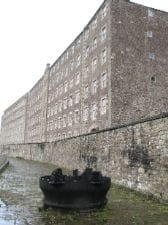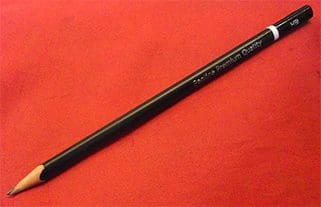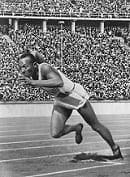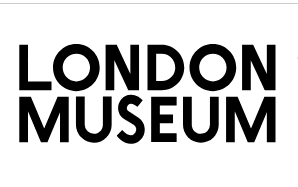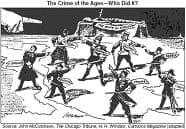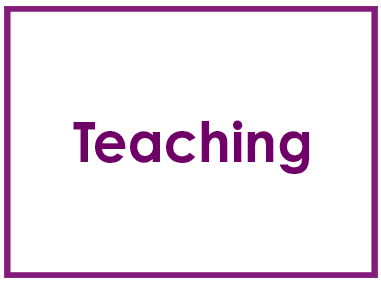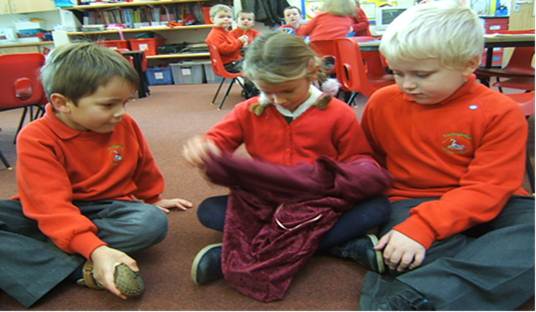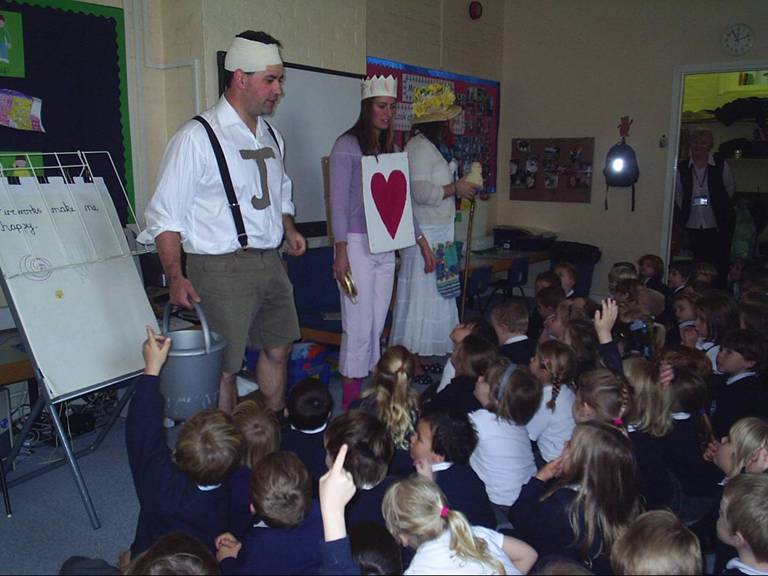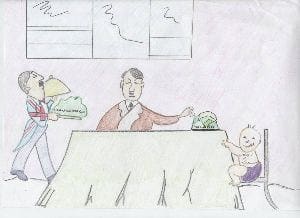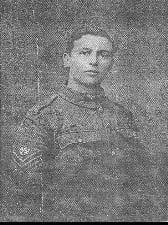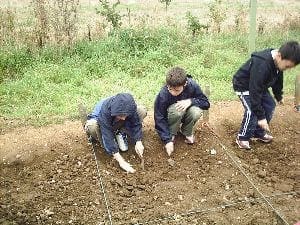Keystage history
Amy Johnson – KQ4 – How did people react to Amy Johnson’s famous flight?
How did people react to Amy at the time, and how do we know? Children generate adjectives to describe Amy’s…
Read MoreAmy Johnson – KQ5 – How did things change for Amy Johnson after her famous flight?
Was Amy really successful for the rest of her life? A Living graph Smart Task KQ5 The focus here is…
Read MoreAmy Johnson – KQ6 – How can we solve the mystery of what happened to Amy Johnson?
This enduring mystery has puzzled historians for over 75 years. New evidence has just come to light which makes this…
Read MoreKS1 Star Lesson on The Great Fire
Why did the Great Fire of 1666 burn down so many more houses than other fires in London at that…
Read MoreWhy did Germany lose the Battle of Britain?
If Britain was only a few days away from defeat in August 1940 how on earth did she win the…
Read MoreGCSE History of medicine: What was the most important medical advance in the last 200 years
Recently a sample of 11,000 doctors was asked to name the most important medical advance in the last 200 years.The…
Read MoreFlipping the GCSE history question: stopping students answering the questions that wasn’t set! An example from Crime and Punishment using zones of significance
We all know students who have answered the question that hoped would appear on the question, regardless of the actual…
Read MoreDfE criticises types of history teaching. Are you their target?
Nick Gibb, Minister for Schools has again sounded off about the virtues of formal didactic teaching of knowledge and has…
Read MoreKS1 Wright brothers topic KQ5 explores change using spectrum activity
Those of you teaching a topic on flight, in the sky or ‘up and away’ might be interested to know…
Read MoreWhat was the impact of the Californian Gold Rush 1848-9? GCSE SMART TASK
In this series of short tasks GCSE students predict, infer, gather information and then improve existing explanations of the impact…
Read MoreHow well do your pupils know Medieval Britain? A short diagnostic smart task called truth detector
Pupils are given 18 statement cards (provided as RS2) about the Middle Ages on Britain to place on the truth…
Read MoreCastle design. Would I lie to you? Fun smart task
This enjoyable session has serious intent: to question some careless assumptions about castle building that often creep into Y7 teaching…
Read MoreHow well do you and your pupils know Florence Nightingale?
Here are 10 probing questions. See how you get on. Oh, and the answers are given below, in case you…
Read MoreThe rise of Stalin: 4 smart tasks
Included here are 4 distinct smart tasks which could be used in various combinations at AS and A2 level. They…
Read MoreTeaching Anglo-Saxons & Vikings for Key Stage 2
The current National Curriculum has afforded separate status for individual units of work on the Anglo-Saxons and Vikings. Whilst this…
Read MoreJust how good is your KS1 history curriculum?
The 12 most crucial questions to ask yourself about your KS1 history curriculum, and some expert answers if you get…
Read MoreTeaching Famous Events at Key Stage 1 – Outstanding Lessons
There are two types of events that are expected to be taught to KS1 pupils as part of the National…
Read MoreTop ten ingredients of a good KS2 post-1066 thematic unit.
Teaching Crime and Punishment as a post-1066 thematic unit at KS2 For a while now, a number of schools have…
Read MoreMigration: Online resources
Great new Migration site www.ourmigrationstory.org.uk Our Migration Story: The Making of Britain is an Arts and Humanities Research Council-funded collaboration…
Read MoreLink between Elizabethan theatre and bear-baiting
Historic England schedulded several of London bear pits so they will not now be built over. The listing of these…
Read More10 most significant battles of World War One
Staff from the Imperial War Museums have just published their list of the 10 most significant battles of the First…
Read MoreWas there really a Blitz spirit? Killer evidence. Smart Task
Historians to this day still argue as to whether there was a Blitz spirit or not. Much depends on the…
Read MoreHaving lost his parliament, then his throne, why did Charles I have to lose his head?
This diamond-9 prioritising causes activity concludes pupils’ investigation of the reasons for the trial and execution of Charles I. Pupils…
Read MoreThe end of the Cold War for new GCSE history: taking a fresh look
In a recent article in Teaching History David Reynolds offers some clear insights into this period which might help to…
Read MoreElizabeth and the Catholic threat: Elizabethans GCSE Smart Task
Asking questions in history. Elizabeth’s policy towards the Catholics: students use a graph to raise their own enquiry questions which…
Read MoreHistoric Environment GCSE: Castles
Castles: 2 Smart Tasks Those of you who are studying the castles topic, maybe as part of the OCR specification,…
Read MoreWhy Teach Students to “Think Like Historians?”
Sam Wineburg will be familiar to many of you. If not do try to read his stuff. Sam is at…
Read MoreMarket place: Why I didn’t oppose Hitler.
To help pupils to understand why so few people opposed Hitler in the 1930s the use of this market place…
Read MoreUsing simple ‘how plausible’ strategy for high-intensity thinking from KS2 to A level
Sometimes the simplest ideas have the most impact, probably because we don’t over-complicate. Looking for a way of getting students…
Read More6 top history ideas to cover in your Great Fire topic
Many of you will be starting your Great Fire topic this term. Naturally you will want this to be exciting…
Read MoreThinking words in primary history: my top 10
Those of you who have used a lot of the lessons on the site will know only too well that…
Read MoreTeaching historical significance at Key Stage 3
When there is so much history to study how do students know what is significant? Is everything on the National…
Read MoreCromwell a reputation deserved. KS3 Smart Task
This short task focuses on an entry from a website used by lots of people today, mainly in Ireland, to…
Read MoreIndustrial Britain KS3 Smart Task on the changes brought about by industrialisation
This task helps pupils to develop an overview of the changes ushered in by industrialisation. The aim is to get…
Read MoreEarly Modern Britain 1500-1750 Smart Task: Editor’s Pencil
A quick overview activity in which pupils have to spot and correct 20 deliberate mistakes. Pupils are given an activity with…
Read MoreWhich modern Olympic Games am I? Short KS3 Smart Task
This engaging smart task on the Olympics in the 20th century focuses pupils’ attention on significant individual games as a…
Read MoreGrades 1-9 flightpath in history; or so you thought
I’m sure you has pretty limited expectations of what exemplication of grade 1-9 flightpath might look like . So its…
Read MoreKeeping up-to-date with your teaching of the Great Fire at KS1
If you get the chance, between the end of term and April, to visit the Museum of London’s exhibition Fire!…
Read MoreIndustrial Revolution KS3 Smart Task: The Mystery of the Blackburn Cemetery
Why not start your class investigation into life during the Industrial Revolution with a mystery? Based on a recent discovery…
Read MoreKS3 & 4 The Causes of World War One: The Blame Game
This smart task which can be used from Y9 or for GCSE can be used as a form of diagnostic…
Read MoreWhat OFSTED says about primary history: 3 things you need to know
OFSTED’s views on primary history are difficult to find. The last Lead Inspector for history offered these three opinions before…
Read MoreTop 5 features of expert history teaching at KS1
Top five features of expert teaching at KS1 The key is challenge. Only by you setting high expectations will you…
Read MoreWhat’s in the bag and who does it belong to? Great Fire Smart Task
An object-based problem-solving approach to learning about life during the Great Fire This Smart Task is just part of a…
Read MoreUsing nursery rhymes to develop thinking skills in YR: Jack and Jill and the Queen of Hearts
This lesson was kindly provided by David Cowie and his team at Ringwood Infants C of E School. Their theme…
Read More20 Imaginative products at Key Stage 4
This part of the site offers an initial short list of the best twenty products I have seen in the…
Read More’50’ imaginative learning activities for history at Key Stage 3
Over the last 20 years I have seen some outstanding individual lessons. Usually the lesson was so good because expectations…
Learning in primary and secondary history : The 4 Ps, Gingerbread men and other thoughts on active learning
I have always favoured actively learning in history, not least because it frees the teachers to talk to individuals about…
Read MoreRoles of learners in history at Key Stage 2
One of the best ways of exciting young children in history is to put them in role. Dorothy Heathcote’s approach,…
Read More20 creative products for history Key Stage 2
This section accompanies the ones on teaching and learning approaches. It offers you a few ideas you may not have…
Read MoreVikings: What were they like?
This lesson gives the topic on the Vikings a really active start. Pupils are placed in role as Saxon spies…
Read More
